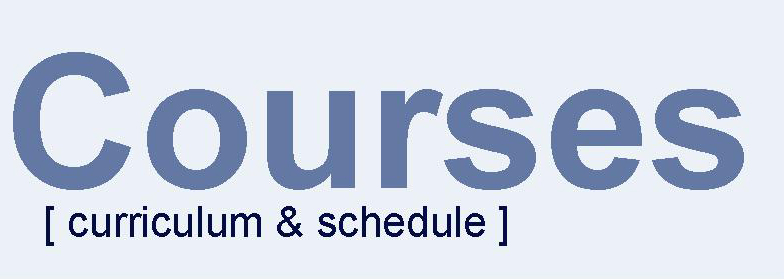| Angelika Langer - Training & Consulting |
COURSE DESCRIPTION
|
This is a best-practice seminar for Java programmers who want to explore Java in greater depth. It is best attended after some initial exposition to Java. Java was marketed to the software development community as a simple and easy-to-use programming language. In practice it turned out that even this supposedly easy language has its traps and pitfalls, has less commonly known advanced language features, and has Java-specific programming idioms that are not evident from just the language features. This advanced seminar takes an in-depth look at some of the core concepts of the Java programming language: Based on several years of practical Java experience, this tutorial aims to shed some light on common misconceptions in Java and discusses best practice Java idioms and programming techniques. |
This is a course for Java programmers who want to explore Java in greater
depth and is best attended after some initial exposition to Java. In this
advanced Java seminar we aim to provide in-depth information about the
core of the Java programming language. For development of industrial
strength software semantic correctness of classes and methods, proper release
of resources, and a sound knowledge of advanced Java programming idioms
are important. The courses are designed to build on existing expertise
as Java programmers and take your skills one step further. Prerequisite
for these seminars is at least 1 year of experience with Java or equivalent
knowledge.
If you want to stay ahead of your time and keep your knowledge above average, then this is the right course for you.
|
|
COURSE OVERVIEW
|
CONSTRUCTION AND FINALIZATION
|
SOFT, WEAK AND PHANTOM
REFERENCES
|
DATE / TIME API (optional)
Parsing & Formatting
|
|
FURTHER READING
|
| To get an impression of some topics covered in this course check out the sample reading: | ||||||||||||||||||||||
|
|
|
||||||||||||||||||||
| TRAINING LOCATIONS
|
| Open Enrollment
Public courses are conducted in collaboration with partner companies worldwide. Presentation language is English or German, depending on the location. For further information go to GENERAL INFO. |
On-Site Training
Courses can be held at your company site. Duration and content will be tailored to your specific needs and prerequisites. Presentation language is English or German. For further information go to GENERAL INFO. |
|||
| For information regarding training locations and the current schedule of public courses go to SCHEDULE. For further information or enrollment send me EMAIL or use the REGISTRATION form. |
|
To check for availability, price and other details send me EMAIL or use the REGISTRATION form. |


